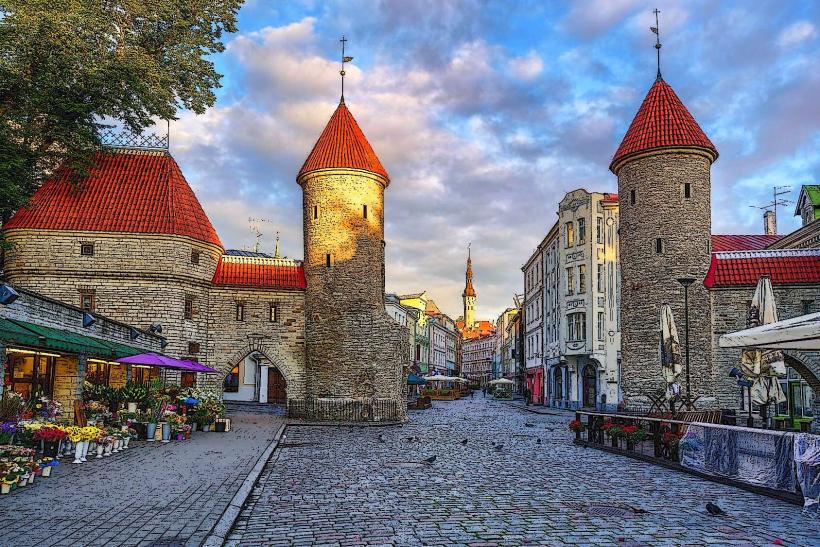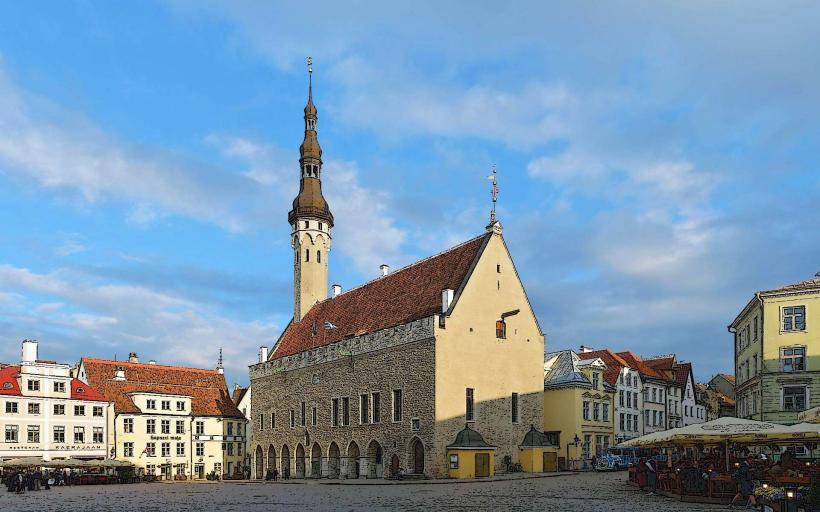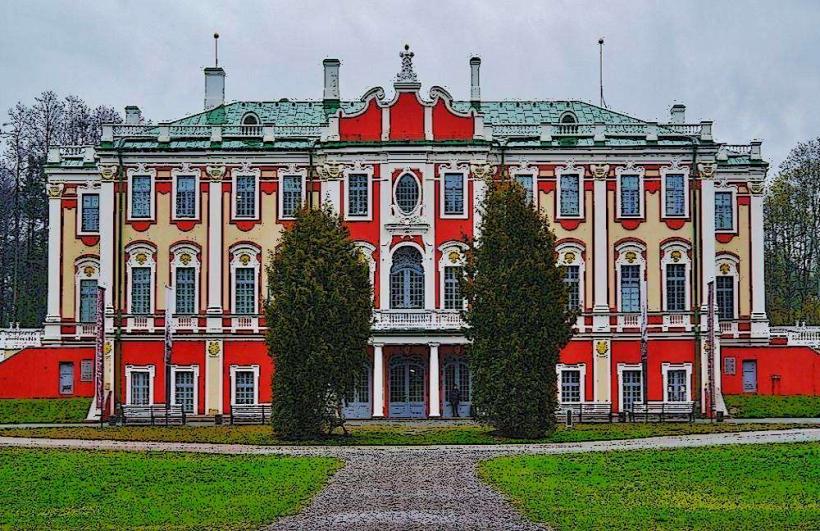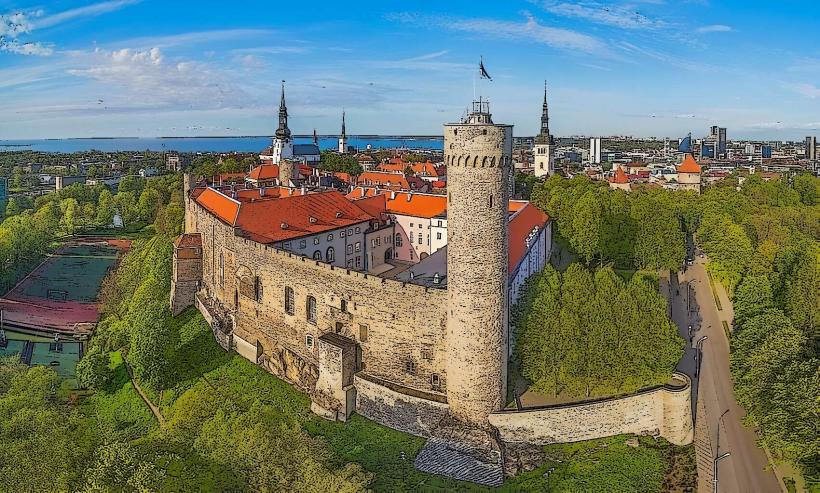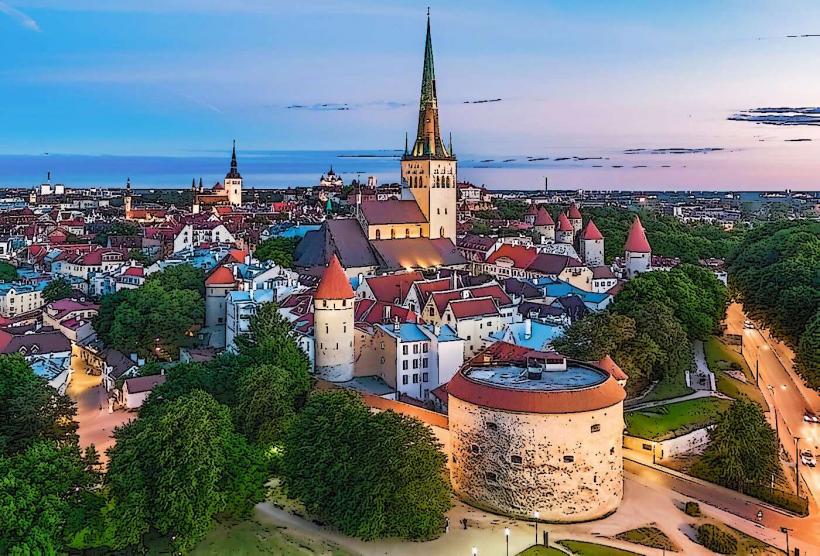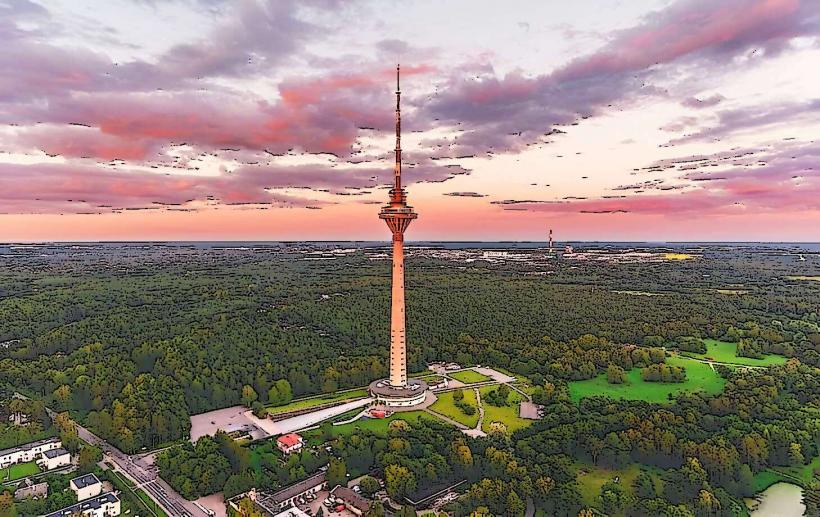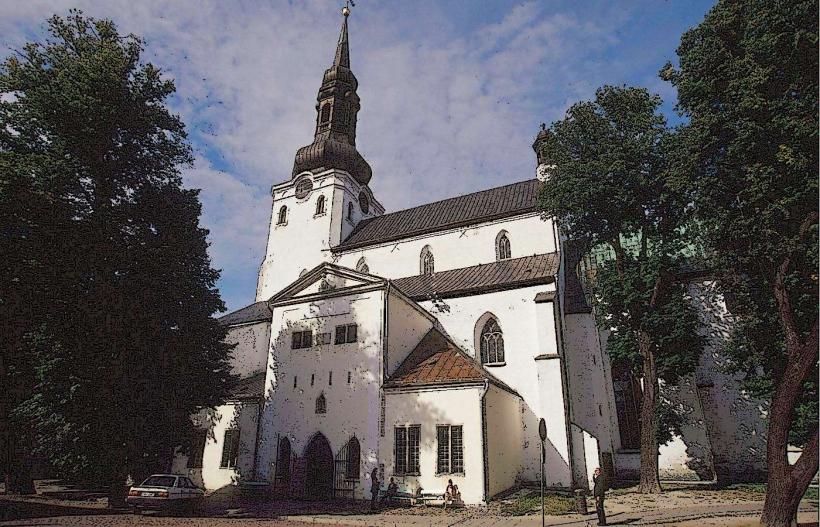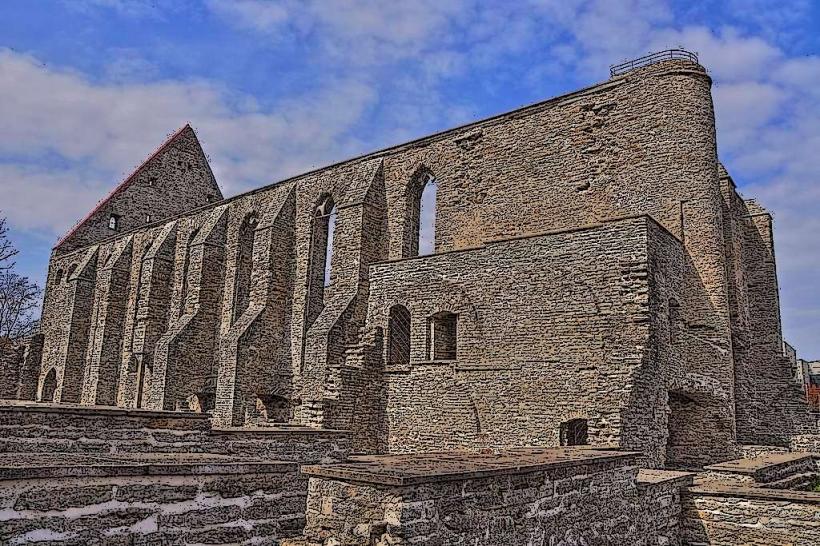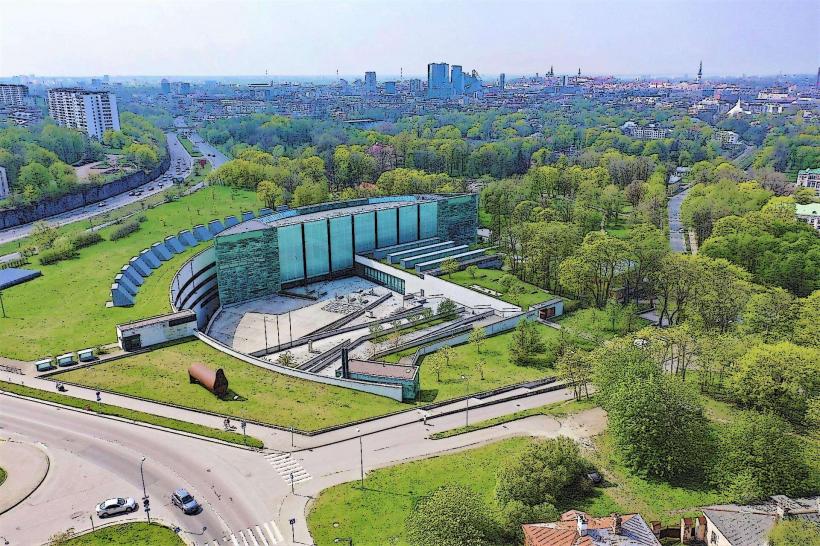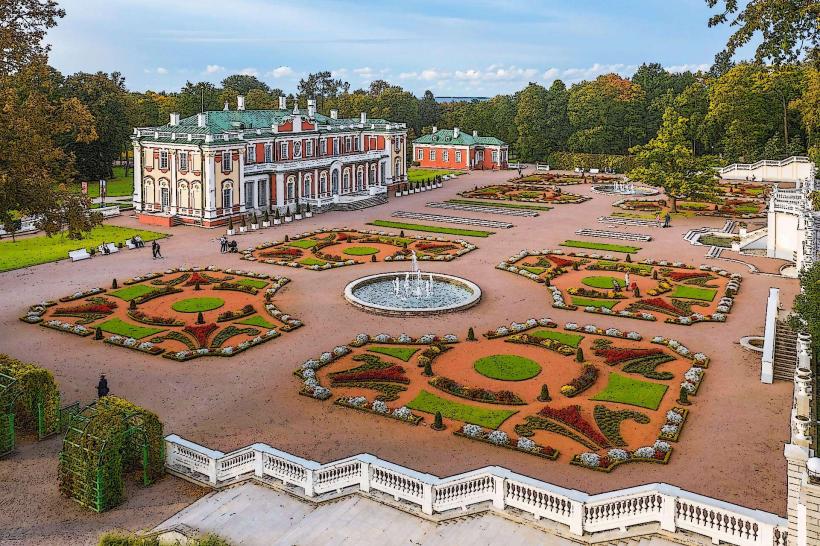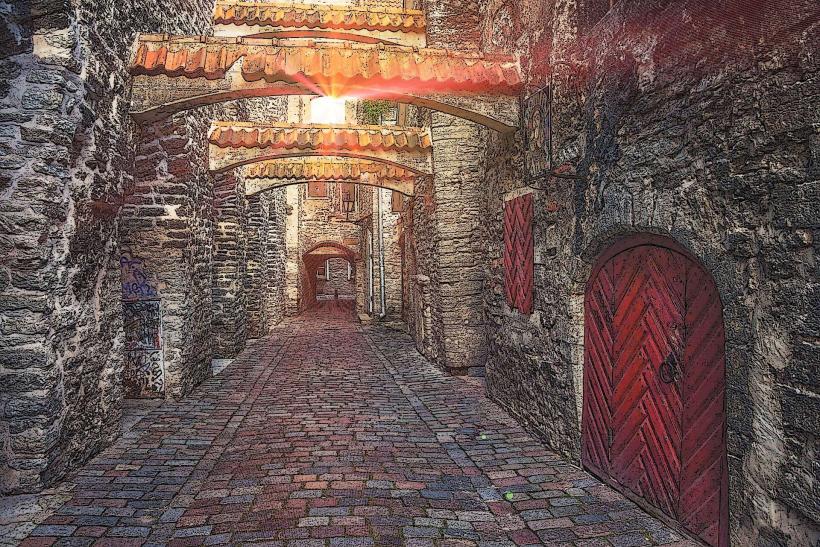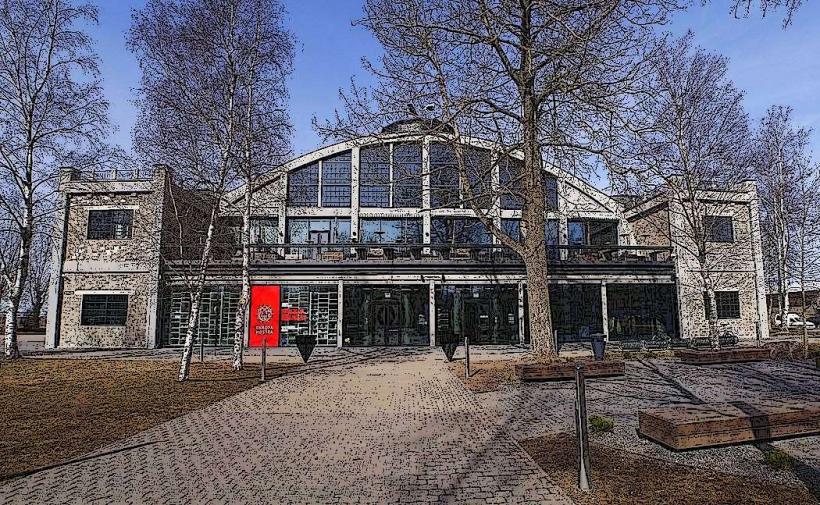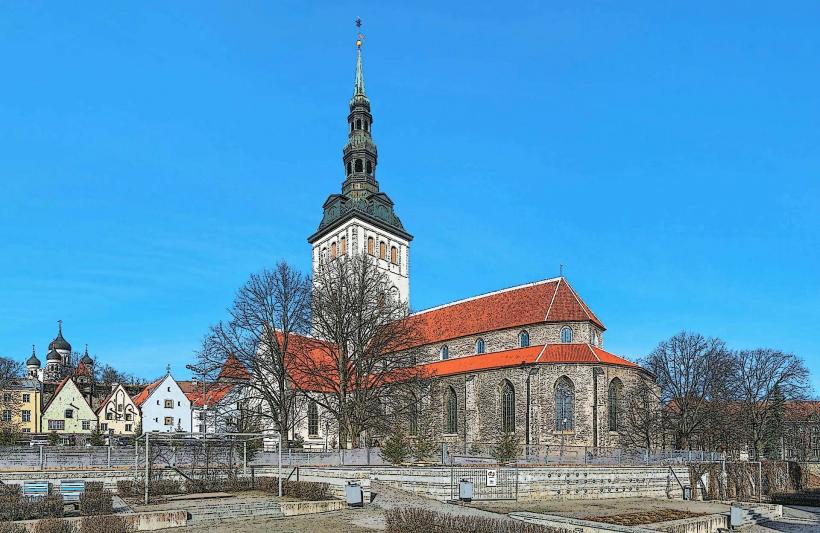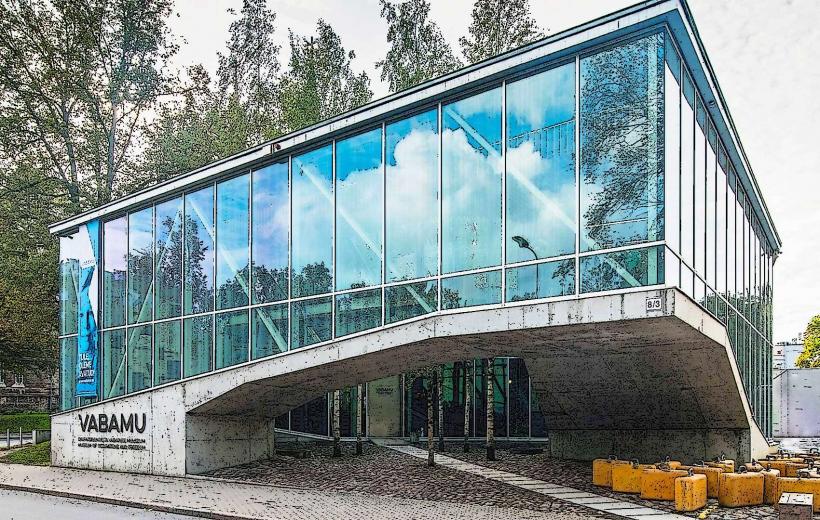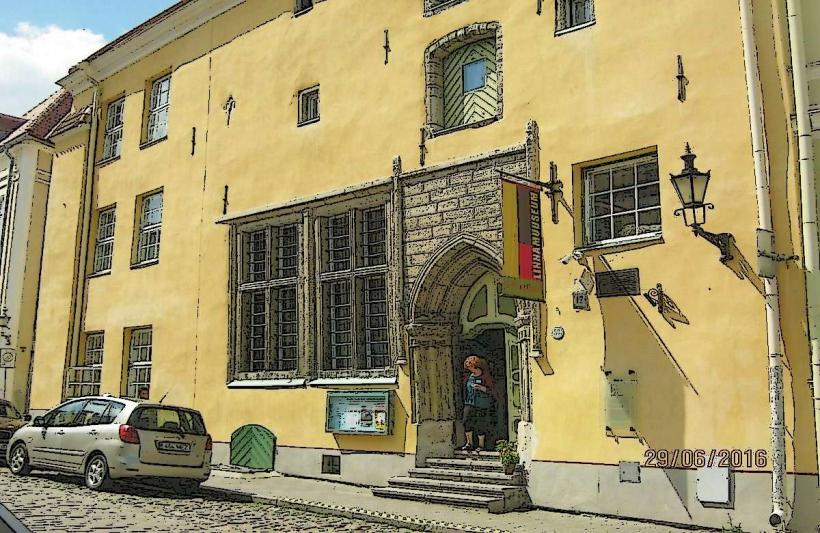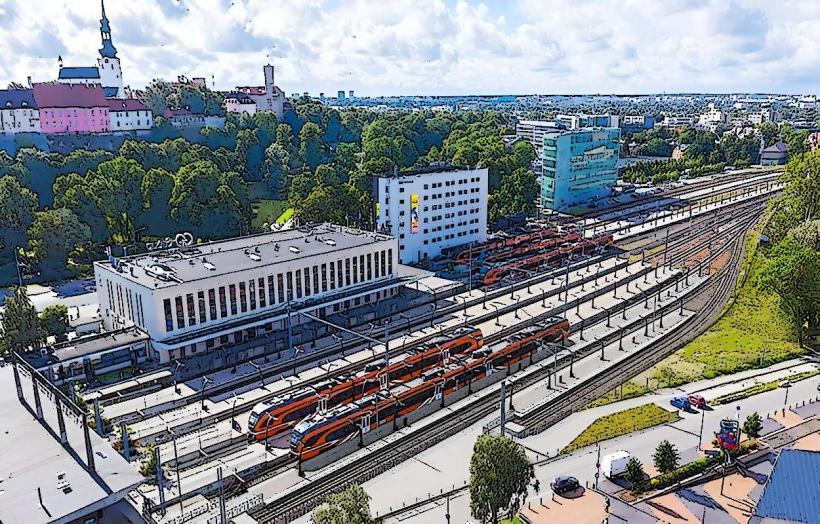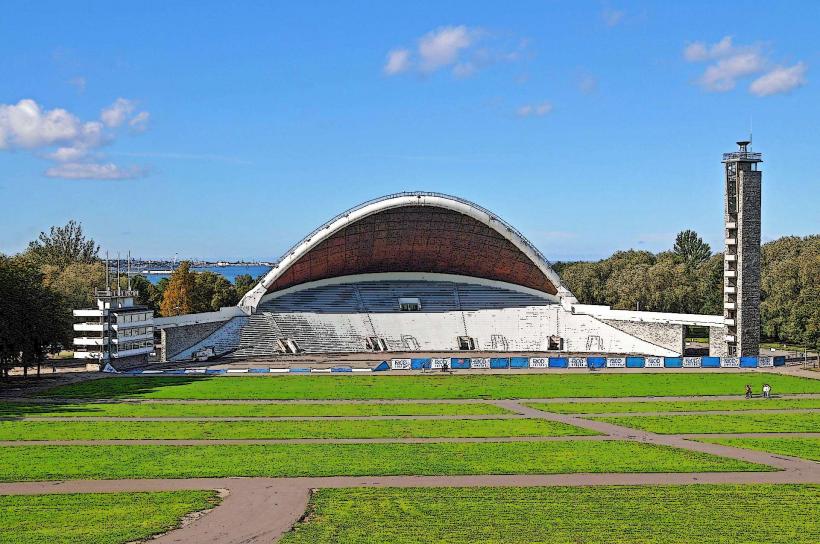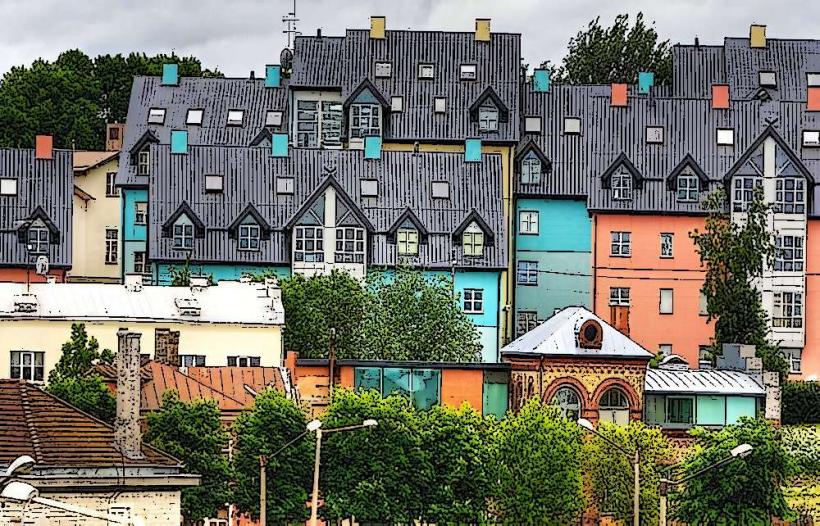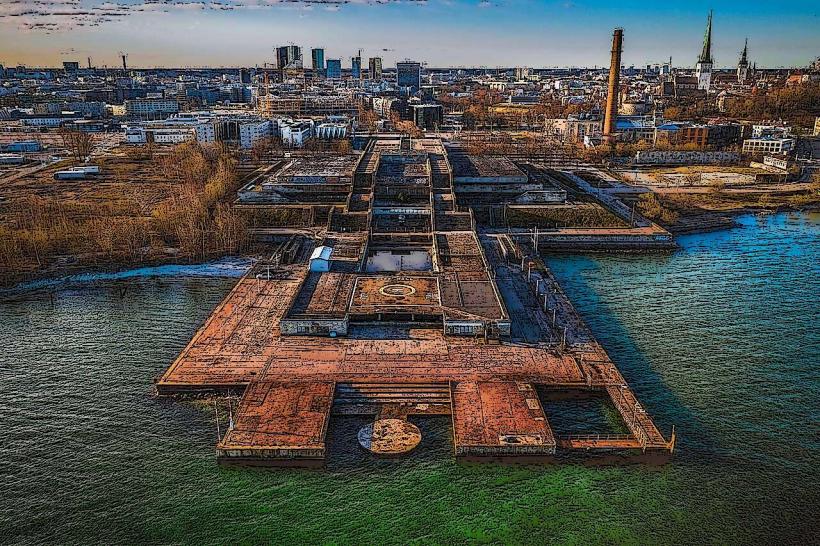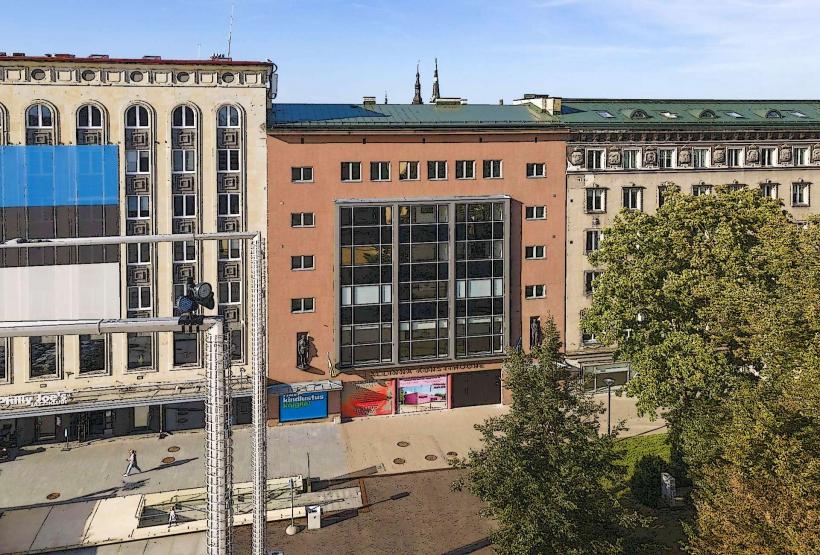Information
Landmark: Alexander Nevsky CathedralCity: Tallinn
Country: Estonia
Continent: Europe
The Alexander Nevsky Cathedral is one of the most iconic landmarks in Tallinn, Estonia. It is an important religious and cultural symbol, blending rich history with striking architecture. Here’s a detailed overview:
Historical Background
Construction and Purpose: Built between 1894 and 1900, the cathedral was constructed during a time when Estonia was under Russian Empire rule. It was dedicated to Saint Alexander Nevsky, a Russian national hero, military leader, and prince of the 13th century. The decision to build the cathedral in Tallinn was part of the Russification efforts by the Russian Empire, aiming to assert its influence in the Baltic region.
Religious Significance: The cathedral is an Eastern Orthodox church, specifically of the Russian Orthodox tradition, reflecting the strong presence of Russian culture and religion in Tallinn during the imperial period.
Architectural Design: The cathedral was designed by the Russian architect Mikhail Preobrazhensky in a distinctly Russian Revival (also called Neo-Russian) style, a movement that sought to revive traditional Russian religious architecture. This style features colorful onion domes, intricate brickwork, and lavish interior decorations.
Architectural Features
Exterior:
- The cathedral is dominated by its five onion-shaped domes, each topped with a golden cross. The central dome is larger, while the others are smaller but still striking. These domes are a hallmark of Russian Orthodox churches and are designed to symbolize the five pillars of the faith.
- The façade is richly adorned with decorative mosaics, many of which depict scenes from Russian Orthodox Christianity.
- The towering belfry stands at the front, with several bells that can be heard ringing throughout the area.
Interior:
- Inside, the cathedral is richly decorated with icons and frescoes, which cover the walls and ceilings. These paintings depict various religious figures, saints, and biblical scenes. The altar is particularly stunning, with golden accents and elaborate iconostasis (a wall of icons separating the altar from the rest of the church).
- The cathedral’s interior is dimly lit by chandeliers, adding to the mystical and serene atmosphere that characterizes Russian Orthodox worship spaces.
Size and Layout: The cathedral is relatively large, designed to accommodate a sizable congregation. Its architectural layout is typical of Russian Orthodox churches, with a central nave and two side aisles, culminating in the altar at the rear, enclosed by the iconostasis.
Significance and Symbolism
Cultural and Political Impact: The cathedral’s construction marked a period of political tension in Tallinn, as it was built to assert the Russian Empire’s dominance over the largely German-speaking Estonian population. This caused some local resentment, as many Estonians were Protestant and viewed the Russian Orthodox presence as an imposition. Today, however, the cathedral is an important part of Tallinn’s cultural and architectural heritage.
Religious Role: While originally serving the Russian Orthodox community, the Alexander Nevsky Cathedral remains an active place of worship, particularly during Orthodox Christian holidays like Easter and Christmas. It is the largest Orthodox church in Estonia and continues to host regular liturgies.
Symbol of Unity and Division: Over time, the cathedral has become a symbol of both cultural unity and division. While it represents the heritage of Estonia’s Russian-speaking population, it also stands as a reminder of the complex history between Estonia and its former rulers.
Location and Accessibility
Location: The cathedral is situated on Toompea Hill, the historic center of Tallinn, which offers panoramic views of the city and the surrounding area. It is adjacent to the Toompea Castle and other important historical buildings.
Visiting the Cathedral: It is open to visitors, and while it functions as a place of worship, tourists can admire the architecture and interior. There may be restrictions during religious services, but outside of those times, visitors can explore the church freely.
Best Time to Visit: The cathedral is particularly beautiful during the summer months when Tallinn is bustling with tourists. It is also a popular spot during Orthodox Christian holidays, especially Easter, when special services and processions take place.
Practical Information
- Opening Hours: Generally open for visitors daily, though hours may vary, especially during religious services or national holidays.
- Admission: Entrance is usually free, though donations are welcome to help with the maintenance and preservation of the cathedral.
Why Visit the Alexander Nevsky Cathedral?
- Architectural Beauty: The cathedral is a masterpiece of Russian Orthodox architecture and offers a striking contrast to the predominantly Gothic architecture found in Tallinn's Old Town.
- Cultural Experience: It provides insight into Estonia’s Russian Orthodox heritage and the complex layers of the country’s history.
- Panoramic Views: The cathedral’s hilltop location offers a great vantage point to view Tallinn’s Old Town and the surrounding area, making it a perfect stop for photographers.
Visiting the Alexander Nevsky Cathedral is a journey through Tallinn’s multi-faceted history and a chance to admire one of the most beautiful and unique churches in the region.

